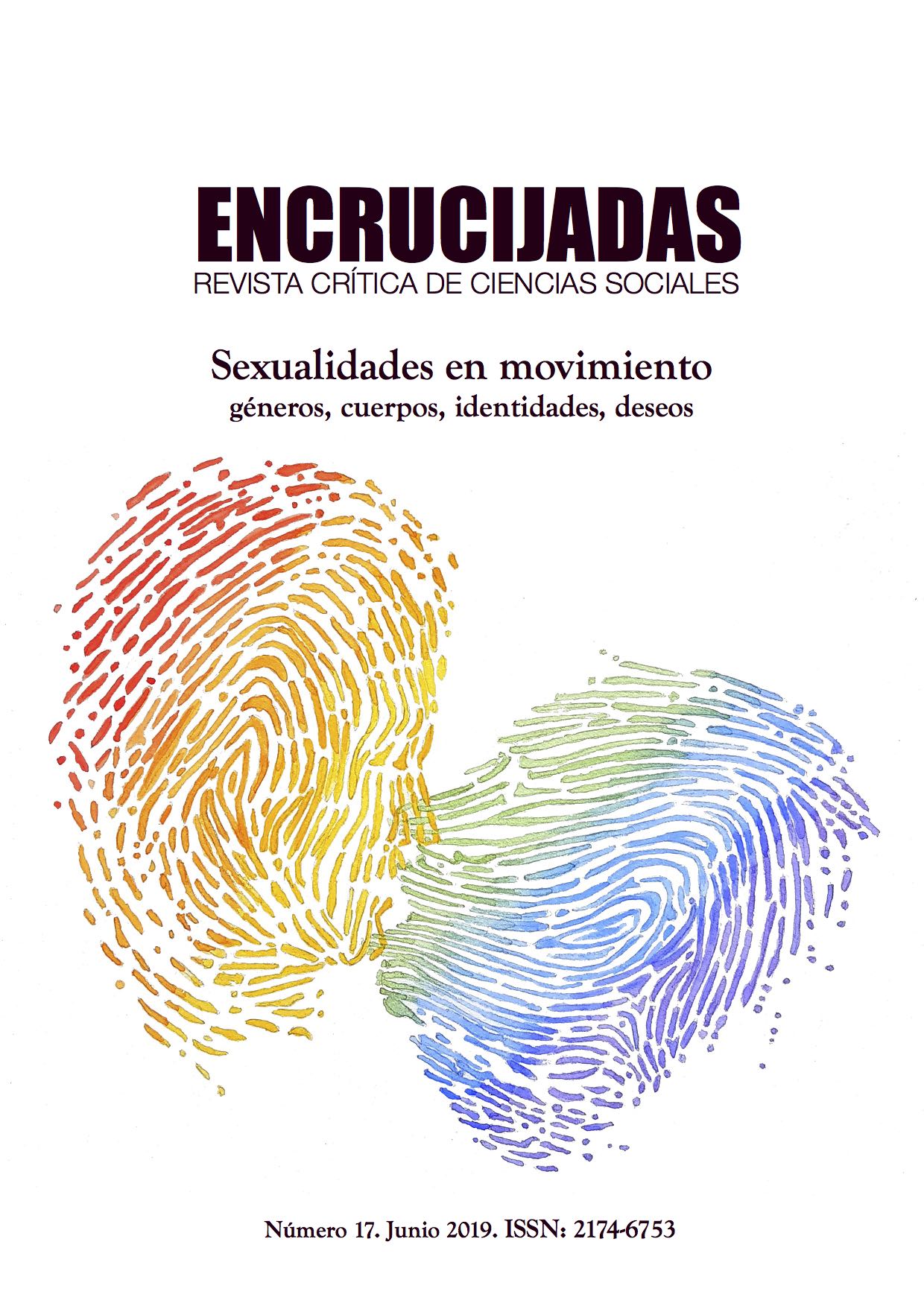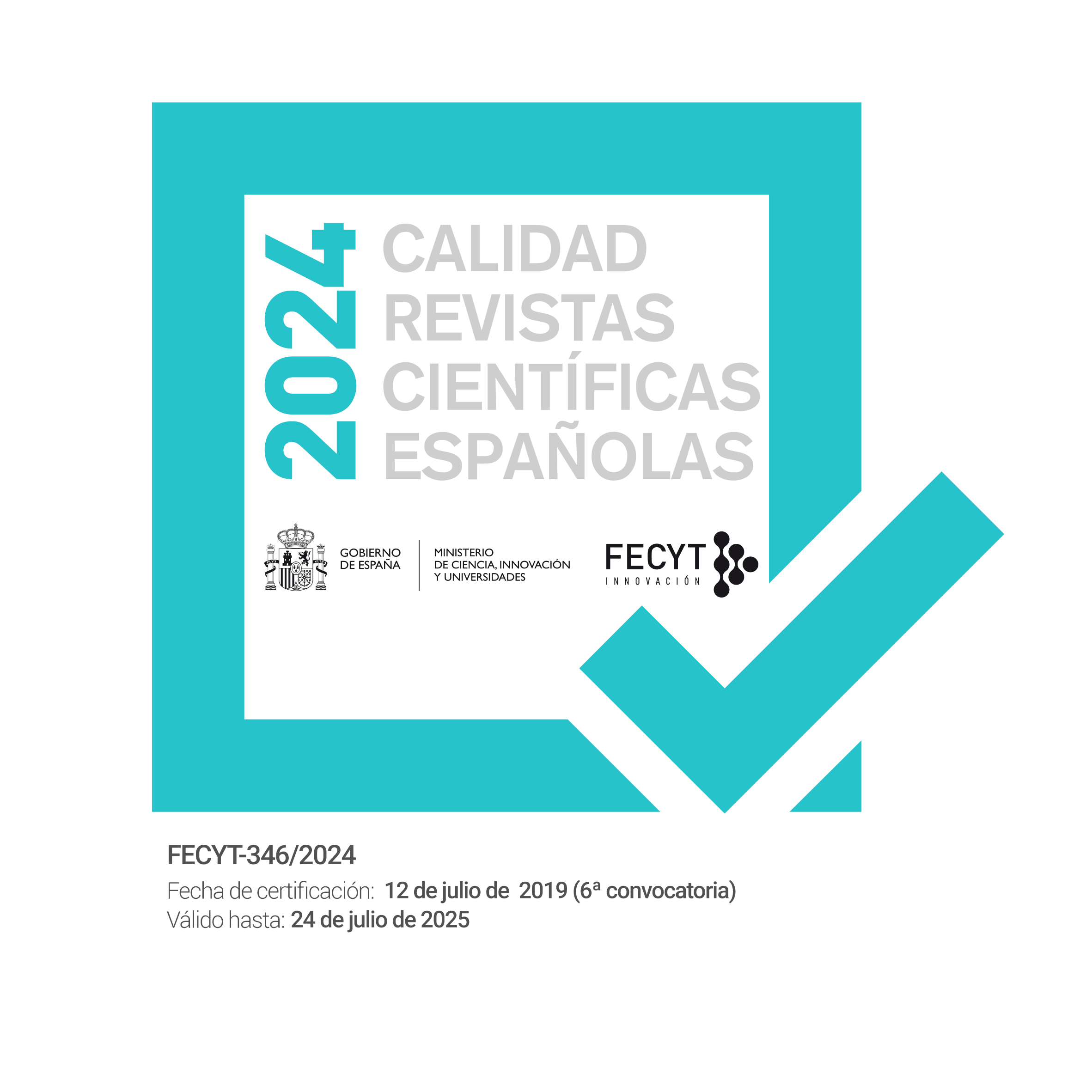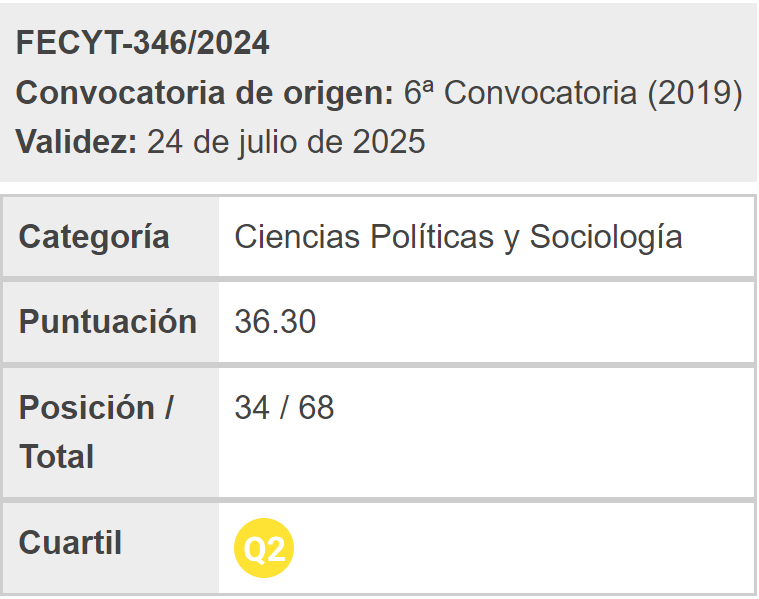Post-fascism in Slovenia? A local articulation of the European drift
Keywords:
Slovenia, post-Fascism, European Union, referendums, refugee crisis (2015)hAbstract
Over the past five years, Slovenia has experienced an increasing level of pressure on liberal-democratic institutions established after independence, proclaimed in 1991. This has resulted in the acceleration of two processes, which concur with current structural and identity crisis of the European Union. The first process is the dismantling of the corporatist political-social model, which used to entail a significant public-sector presence in the economy. Secondly, the strengthening of an increasingly exclusive sense of belonging to the political community, a dynamic fostered by the 2015 refugee crisis. These developments have underpinned Slovenia's peripheral position in Europe and generated exclusionary dynamics in relation to citizen participation in the system. These dynamics concur with politics of "post-fascism", as defined by Moklós Tamás, insofar as they have been reproduced without substantially changing the institutions of liberal democracy. In spite of circumstantial divergences, the dominant political factions of the ruling class, including social-liberals and right-wing nationalists, have contributed to both processes.
Downloads
Downloads
Published
How to Cite
Issue
Section
License
Los autores/as conservan los derechos de autor y ceden a la revista el derecho de la primera publicación, con el trabajo registrado con la licencia de atribución de Creative Commons Reconocimiento-NoComercial (CC-BY 4.0), que permite a terceros utilizar lo publicado siempre que mencionen la autoría del trabajo y a la primera publicación en esta revista. Encrucijadas permite y se anima a todas las personas autoras a depositar la versión final publicada en repositorios institucionales o temáticos de acceso abierto, cumpliendo en caso necesario los términos establecidos por la entidad financiadora de la investigación.




